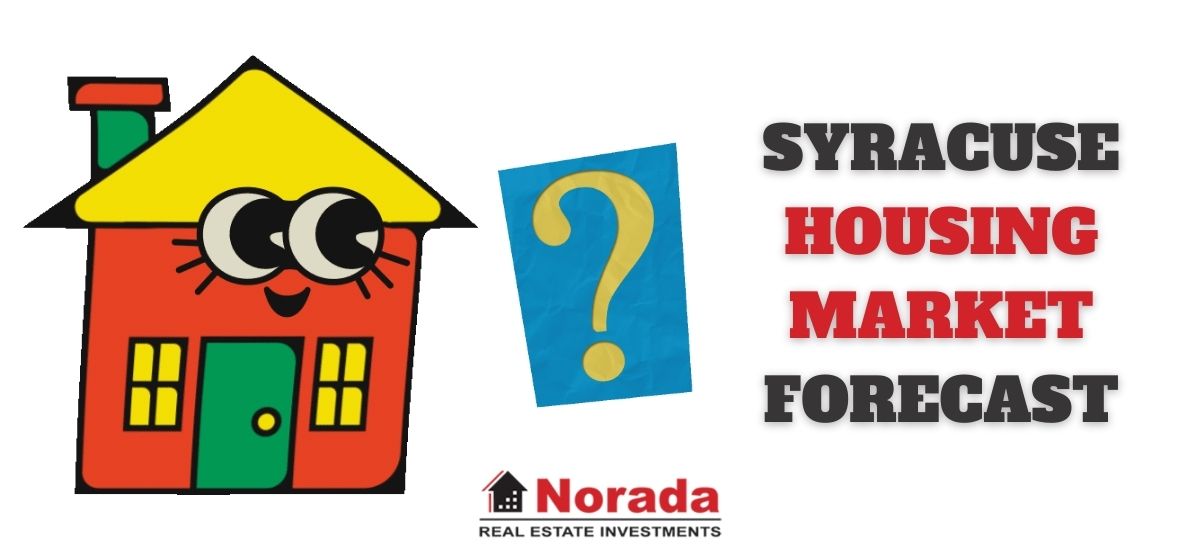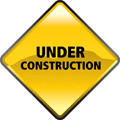If you're thinking about buying or selling a home in Syracuse, NY, you're probably wondering what the market's doing. As of early 2025, the Syracuse housing market is still very competitive, but things are shifting slightly. While it is still a competitive market, prices were down slightly compared to last year, with the median sale price landing around $140,000. This might sound like great news for buyers, but let's dig into the details to see the full picture.
Syracuse Housing Market Trends 2025: What's Happening Right Now?
Home Sales
Okay, let's talk about home sales in Syracuse. According to recent data from Redfin, in January 2025, 74 homes were sold. Now, here's the thing: that's down 15.9% compared to January of the previous year. Fewer homes changing hands could point to a few things:
- Fewer Homes on the Market: There might simply be fewer houses available to buy, limiting the number of sales.
- Hesitation from Buyers: Buyers may be holding back due to interest rates or economic uncertainty (we'll get into that later!).
While it seems sales are down, it is still very competitive in the Syracuse Housing market.
Home Prices
This is what everyone wants to know, right? What are home prices doing?
- Median Sale Price: In January 2025, the median sale price of a home in Syracuse was $140,000.
- Year-over-Year Change: That's down 0.71% compared to the same time last year.
- Price Per Square Foot: The median sale price per square foot is $94, unchanged from last year.
So, prices are slightly down, but not by a huge amount. It's not a dramatic crash, but rather a subtle adjustment.
Are Home Prices Dropping?
Technically, yes, home prices are down slightly year-over-year in Syracuse. However, I wouldn't necessarily call it a full-blown “drop.” It's more like a leveling off. The market was incredibly hot for a while, and now it's cooling down a bit. This is actually a pretty normal part of the real estate cycle. Remember, real estate is local. National trends don't always tell the whole story in Syracuse.
Comparison with Current National Median Price
Nationally, the median home price is significantly higher than in Syracuse. For January 2025, the national median price is around $396,900, with a year-over-year change of +4.8%. This means that Syracuse is a much more affordable market compared to many other parts of the country.
Here's a quick comparison:
| Location | Median Sale Price (Jan 2025) | Year-over-Year Change |
|---|---|---|
| Syracuse, NY | $140,000 | -0.71% |
| National Median | $396,900 | +4.8% |
As you can see, there's a big difference. For those looking for relatively affordable housing, Syracuse can be an attractive option.
Is Syracuse a Buyer's or Seller's Housing Market?
This is the million-dollar question. Generally, we can determine if it's a buyer's or seller's market based on:
- Days on Market: How long homes are staying on the market.
- Sale-to-List Price Ratio: Are homes selling above, below, or at their listed price?
- Inventory Levels: How many homes are available for sale?
In Syracuse, homes are selling in around 31 days, which indicates a very competitive market. Homes sell close to list price, with some selling above list price. That indicates that the market is still tipped slightly in favor of sellers. It's not the extreme seller's market we saw a couple of years ago, but buyers still need to be prepared to act quickly and potentially make competitive offers.
Market Trends
Let's dive a bit deeper into some overarching market trends I'm seeing in Syracuse:
- Slight Cooling: The market is definitely cooling off compared to the frenzy of the past few years. This is partly due to interest rates, but also just a natural market correction.
- Migration Patterns: People are still moving both to and from Syracuse. The top inbound metro is New York, while Albany is the top outbound metro. This could indicate people are moving from larger cities for affordability but still staying in New York to work.
- Local Neighborhood Variations: Real estate is hyper-local. What's happening in Eastwood might be different than what's happening in Sedgwick. Always research specific neighborhoods you're interested in.
Impact of High Mortgage Rates
Okay, let's address the elephant in the room: mortgage rates. As of early March 2025, the average 30-year fixed mortgage rate is around 6.63%, according to Freddie Mac. And, let's be honest, most forecasts predict it to stay around this level for a bit.
High mortgage rates definitely impact the Syracuse housing market. Here's how:
- Reduced Affordability: Higher rates mean higher monthly payments, which means people can afford less house. This pushes some potential buyers out of the market.
- Slower Sales: As mentioned, the higher rates can contribute to slower sales, as people become more cautious.
- Less Upward Pressure on Prices: When fewer people can afford to buy, there's less competition, which can help keep price increases in check.
Here's a table showing how mortgage rates can impact affordability:
| Home Price | Interest Rate | Monthly Payment (Principal & Interest) |
|---|---|---|
| $140,000 | 3% | $591 |
| $140,000 | 6.63% | $898 |
Disclaimer: The calculations above are estimates and do not include property taxes, homeowners insurance or any other fees associated with buying a house.
Think about it: an increase in mortgage rates can make a big difference in your budget!
My Personal Take: Look, I've been watching the Syracuse market for years, and I can tell you this: it's resilient. While interest rates and economic uncertainty are definitely factors, Syracuse has a lot going for it:
- Affordability: Compared to national averages, Syracuse is still relatively affordable.
- Strong Community: People love living here! There's a strong sense of community and a lot to offer in terms of culture, education, and outdoor activities.
- Potential for Growth: Syracuse is seeing investment and development, which could lead to long-term growth in the housing market.
If you're thinking about buying or selling, don't panic! Do your research, work with a knowledgeable real estate agent, and make informed decisions.
Syracuse Housing Market Forecast: What's in Store for Home Prices?
You're probably wondering what the Syracuse housing market forecast looks like. The short answer? Zillow's latest forecast suggests continued growth, with home values in the Syracuse area expected to rise over the next year. But let's dive into the details to get a clearer picture of what's happening.
Breaking Down the Syracuse Housing Market Forecast
Based on the most recent data from Zillow (January 31, 2025), here's a closer look at where the Syracuse housing market is headed:
- Near-Term Growth (February 2025): A projected increase of 0.5%
- Mid-Range Growth (April 2025): A projected increase of 1.8%
- One-Year Forecast (January 2025 – January 2026): A more substantial projected increase of 4.5%
This data suggests that the Syracuse housing market is expected to continue its upward trajectory. While the near-term growth is relatively modest, the one-year forecast indicates a stronger increase in home values.
Syracuse vs. The Rest of New York: How Does it Compare?
It's always helpful to put these numbers in perspective. Let's see how Syracuse's housing market forecast stacks up against other major metropolitan areas in New York State:
| Region | Feb 2025 Forecast | Apr 2025 Forecast | Jan 2026 Forecast |
|---|---|---|---|
| Syracuse, NY | 0.5% | 1.8% | 4.5% |
| New York, NY | 0.1% | 0.3% | -0.2% |
| Buffalo, NY | 0.3% | 0.9% | 2.4% |
| Rochester, NY | 0.4% | 1.7% | 4.4% |
| Albany, NY | 0.3% | 0.7% | 1.1% |
| Utica, NY | 0.5% | 1.2% | 2.7% |
| Binghamton, NY | 0.3% | 1.1% | 2.6% |
As you can see, Syracuse is positioned pretty well within the state. While New York City is actually predicted to see a slight decrease, Syracuse, Rochester, and Utica are expected to show better growth.
Will Home Prices Drop in Syracuse? Could There Be a Crash?
This is the question on everyone's mind! Based on the Zillow forecast, a significant drop or crash doesn't seem likely in the immediate future. The prediction is for continued appreciation.
However, real estate markets are complex. While forecasts are helpful, they aren't guarantees. Factors like interest rate changes, economic shifts, and local job growth can all influence the market. It's always wise to stay informed and consult with local real estate professionals.
Looking Ahead: A Possible Forecast for 2026
While we don't have concrete numbers for 2026 yet, if the trends from the past year continue, we could see further, albeit potentially more moderate, appreciation in Syracuse. However, predicting so far out is tough. My personal take? The Syracuse market is driven by its affordability and strong local economy. As long as those factors remain, the market should stay relatively stable.
Read More:





